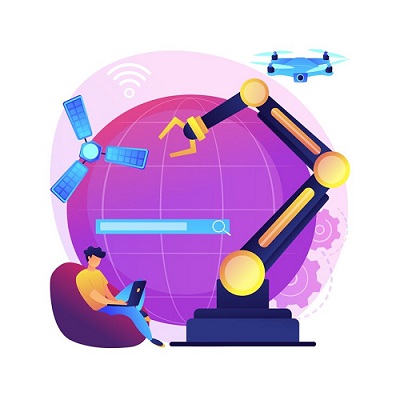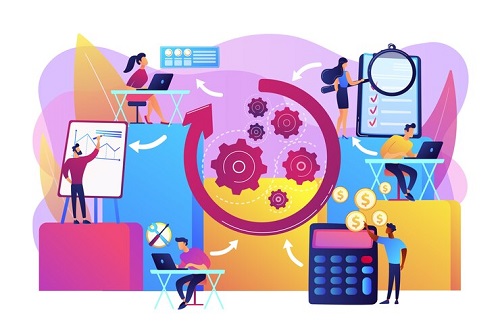Generative AI, a branch of artificial intelligence (AI) that can create new data or content from scratch, is poised to revolutionize industries across the board. Its ability to generate realistic images, text, audio, and even music is already having a major impact on creative fields, with implications that extend far beyond. In this blog post, we delve into the long-term implications of generative AI and explore how it is likely to transform various industries.
Benefits of Generative AI
The potential benefits of generative AI are significant and far-reaching. Here are some key advantages:
- Increased Productivity: Generative AI can automate repetitive tasks, allowing businesses to streamline processes, reduce costs, and improve efficiency.
- Enhanced Innovation: By enabling the creation of novel ideas and concepts, generative AI can accelerate innovation and give businesses a competitive edge.
- Economic Growth: Generative AI has the potential to spur economic growth by creating new markets, jobs, and industries.
Industries Impacted by Generative AI
Generative AI is expected to have a profound impact on several industries, including:
- Creative Industries: Generative AI is already used to create art, music, and literature. It has the potential to transform these industries by providing new tools and opportunities for artists and creators.
- Media and Entertainment: Generative AI can generate realistic videos, images, and audio, which can be used to create more engaging and immersive content for movies, TV shows, video games, and advertising.
- E-commerce and Retail: Generative AI can help retailers create product recommendations, generate targeted marketing content, and enhance customer service experiences.
- Manufacturing: Generative AI can be used to design new products, optimize production processes, and create personalized products for consumers.
- Healthcare: Generative AI can help doctors diagnose diseases, develop new drugs, and create personalized treatment plans for patients.
Challenges Posed by Generative AI
Despite its potential, generative AI also poses some challenges that need to be addressed:
- Job Displacement: Generative AI has the potential to displace jobs that involve routine tasks, which could lead to unemployment and economic disruption.
- Bias and Discrimination: Generative AI models can be biased against certain groups of people, leading to unfair outcomes and perpetuating existing inequalities.
- Ethical and Legal Considerations: The use of generative AI raises ethical and legal questions about copyright, ownership, and liability.
Preparing for the Future
To harness the benefits of generative AI while mitigating its risks, organizations and individuals need to take several steps:
- Investing in Education and Reskilling: Governments and businesses need to invest in education and training programs to help workers adapt to the changing job market and acquire new skills in AI and related fields.
- Developing Ethical Guidelines: Governments and industry leaders need to work together to develop ethical guidelines for the responsible use of generative AI.
- Promoting Diversity and Inclusion: Organizations need to take steps to ensure that generative AI models are free from bias and promote diversity and inclusion in the development and deployment of these models.
Conclusion
Generative AI holds tremendous promise for revolutionizing industries, enhancing productivity, fostering innovation, and driving economic growth. However, it also presents challenges that need to be carefully addressed. By investing in education, promoting ethical use, and embracing diversity, we can harness the potential of generative AI to create a future that is both prosperous and equitable.



